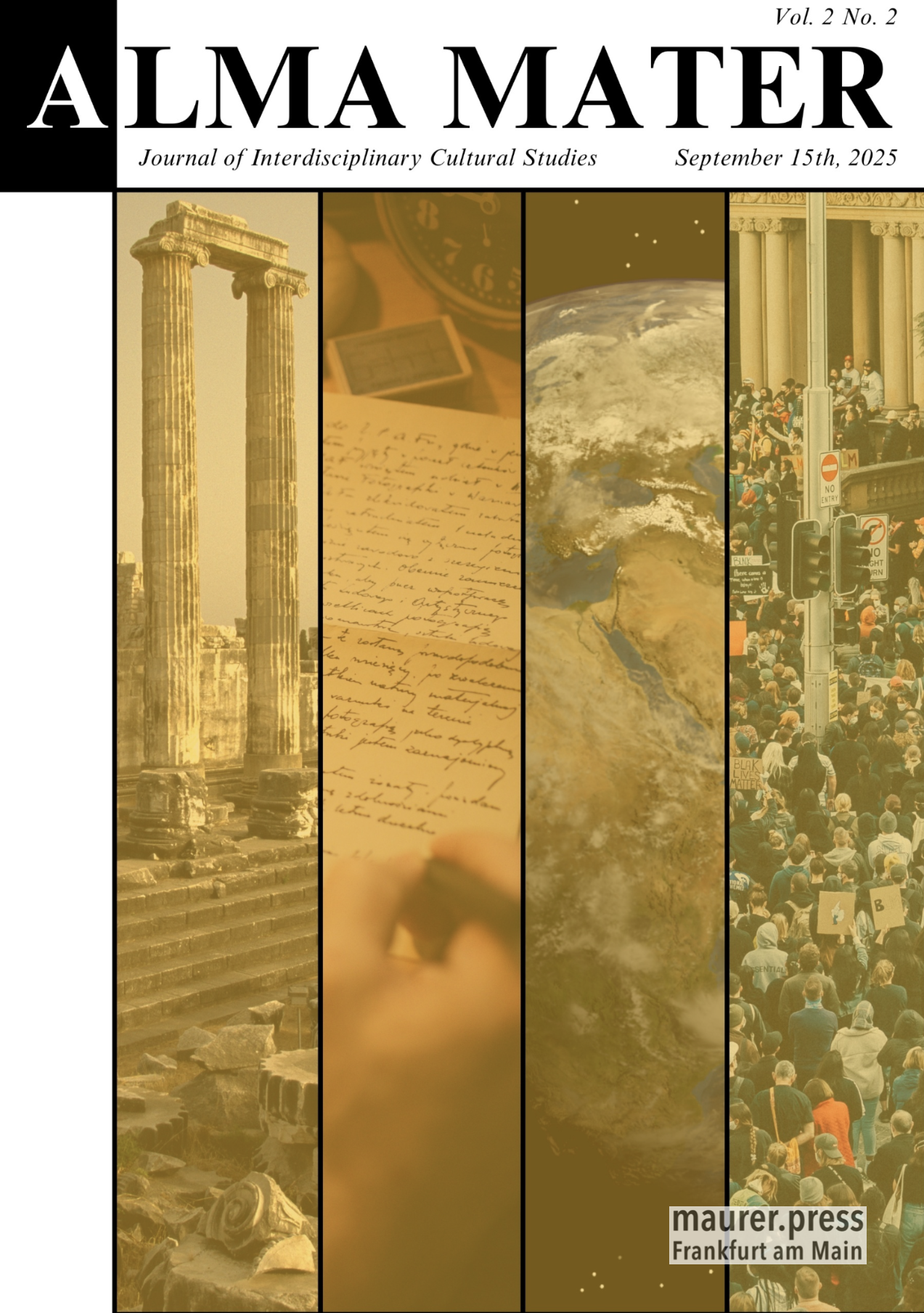| Open Access
Alma Mater – Zeitschrift für interdisziplinäre Kulturforschungen 2025, Bd. 2(1) 212-221
The Role and Significance of Remembering in the Texts of Zaira Arsenishvili and Herta Müller (“When Fear and Dread Rage” and “The King Bows and Kills”)
S. 212 - 221 | DOI: https://doi.org/10.29329/almamater.2025.1286.13
Veröffentlichungsdatum: März 06, 2025 | Einzeln/Gesamtansichten: 107/63 | Einzeln/Gesamtdownloads: 120/73
Zusammenfassung
Memory, remembering and forgetting are closely intertwined on both an individual and a collective level. Remembering is a process, and memories are the result, memory is the ability or the means of building a changing pattern. Memory cannot be observed directly, only through the observation of concrete acts of remembering in specific sociocultural contexts can we make assumptions about the memory’s nature and functioning. Memories are not objective reflections of past images. Rather, they are subjective reconstructions of past perceptions. Remembering is conceived as a present act of recollecting available data that were stored in the past. Versions of the past change in accordance with the constantly changing present situation. That is why, individual and collective memories never mirror the past, but rather they serve as an indication of the past for the person recalling the past in the present.
The present study analyzes the short story “When Fear and Dread Rage” („rotsa mdzvinvarebs shishi da dzrts’ola“) of Zaira Arsenishvili, Georgian filmmaker, musician and writer, and the essay “The King Bows and Kills” (“Der König verneigt sich und tötet”) of Romanian-born German-language writer Herta Müller based on theories of Maurice Halbwach’s, Aleida and Jan Assmann and Sigmund Freud (Collective memory, cultural memory and cultural identity, traumatic memory, permanent trace stored in the unconscious). The analysis will reveal the role and importance of remembering in the conditions of a totalitarian regime, how the regime tries to eradicate cultural memory, as it is the basis of the identity of a social group, how the system demonizes the auto icon in the texts and what the bodies described in the works tell us as signs and carriers of memories.
Schlüsselwörter: Auto icon, body, memory, totalitarianism, dream.
APA 7. Auflage
University), S.P.(.S. (2025). The Role and Significance of Remembering in the Texts of Zaira Arsenishvili and Herta Müller (“When Fear and Dread Rage” and “The King Bows and Kills”). Alma Mater – Zeitschrift für interdisziplinäre Kulturforschungen, 2(1), 212-221. https://doi.org/10.29329/almamater.2025.1286.13
Harvard
University), S. (2025). The Role and Significance of Remembering in the Texts of Zaira Arsenishvili and Herta Müller (“When Fear and Dread Rage” and “The King Bows and Kills”). Alma Mater – Zeitschrift für interdisziplinäre Kulturforschungen, 2(1), pp. 212-221.
Chicago 16. Auflage
University), Salome Pataridze (Ilia State (2025). "The Role and Significance of Remembering in the Texts of Zaira Arsenishvili and Herta Müller (“When Fear and Dread Rage” and “The King Bows and Kills”)". Alma Mater – Zeitschrift für interdisziplinäre Kulturforschungen 2 (1):212-221. https://doi.org/10.29329/almamater.2025.1286.13
